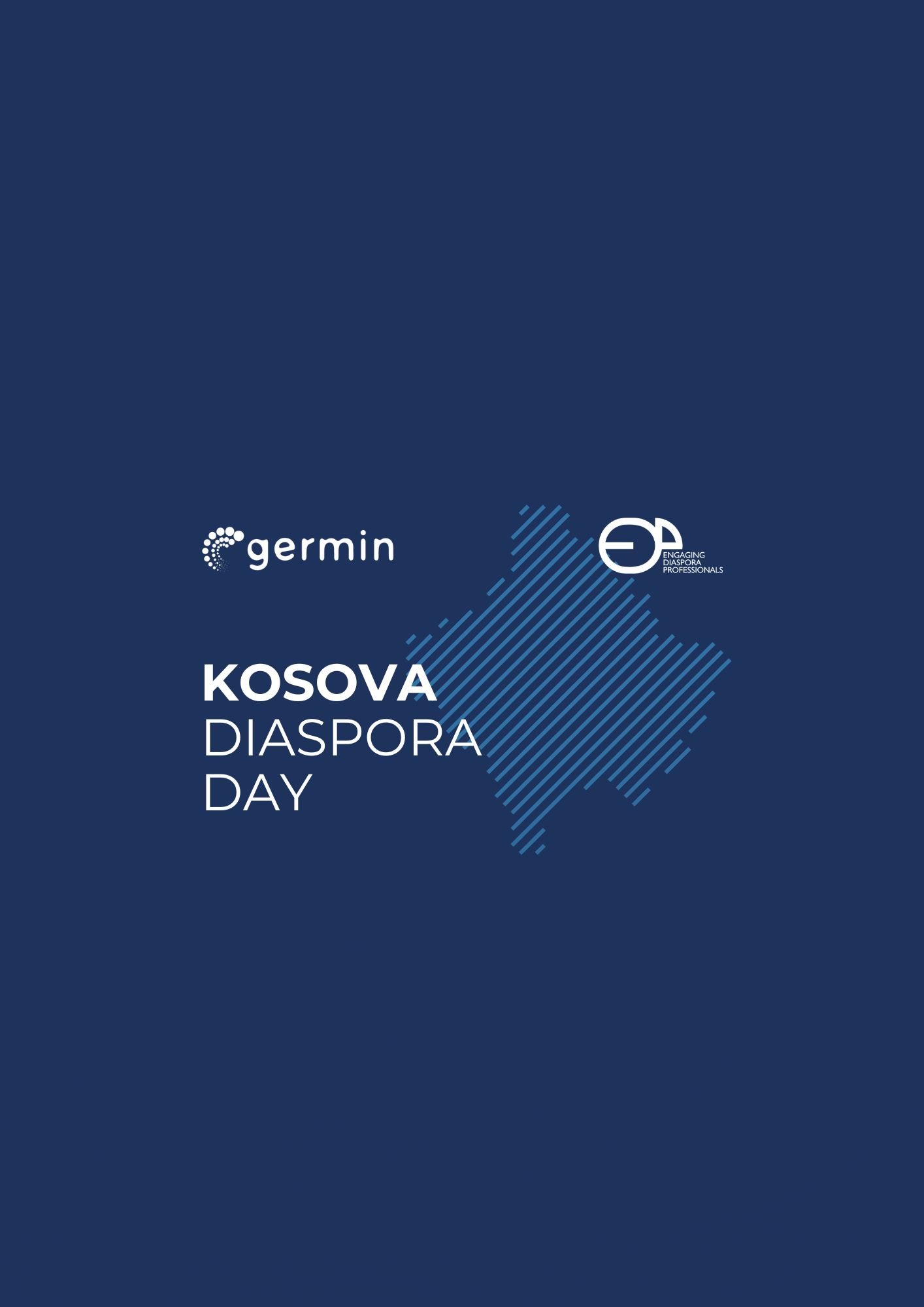According to the latest data of the World Bank, both Kosovo and Albania are highly dependent on remittances, receiving more than 15% and 10% of GDP on an annual basis respectively. Therefore, it was important to understand the past trends about remittances, before talking about the future.
Mr Banka, a Financial Sector Specialist at the World Bank in Washington, DC, talked more about the importance of the remittances and gave a snapshot of the current situation. Mr Banka mentioned that remittances had become a very important topic to discuss since they have overcome other income flows such as Foreign Direct Investment, Official Development Assistance and in some cases, even Net Exports. He also mentioned some of the main channels used for remittances such as Money Transfer Operators (MTOs) and in-person transfers by mentioning the case of Italy which is a neighbouring country, and it is easy to travel to Albania and send the money in-person.
Ms Plaza, a Senior Economist in the Finance, Competitiveness and Innovation Global Practice of the World Bank, who is also the co-chair of the Diaspora Thematic working group discussed more in-depth about the trends of the remittances in the developing countries by focusing on Kosovo and Albania. She mentioned that before talking about the future of remittances and on what can be done, it is important to understand the context of each country. Ms Plaza showed that Albania has a quite high emigration rate, relative to its population, at 43%, and a total emigrant population of about 1 million, and this is important to understand for the type of products that countries create for the diaspora. Similarly, Kosovo has 500,000 emigrants who are about 30% of its population. Also, Ms Plaza mentioned that the destination from where the remittances come is of high importance as well and 88% of the remittances in Albania come from Greece and Italy while in Kosovo 94% come from Germany and Switzerland. The interesting part to see was the trend of both countries which were very similar in the last 15 years.
Ms Plaza showed that there were some fluctuations because of the past crisis; however, due to time constraints, there was not much time to discuss in-depth why Kosovo and Albania had a decrease in volumes of remittances in certain years. Ms Shkodrani as part of EasyPay SHPK, in the position of Chief Operations Officer, shared the trends of remittances in Albania by also mentioning that there was a decrease of remittances in 2013 and then they had a continuous increase up to 2019. The previous fluctuations indicated that the sustainability of this source of finance is questionable; however, Ms Shkodrani shared that they had positive expectations on the trends of the remittances since 2013 and especially after the high increase in 2019.
Reducing the costs of remittance is a vital element of the Financing for Development strategy. This issue has been incorporated as a target in the Sustainable Development Goals, which aims to reduce the cost to less than 3% and to eliminate remittance corridors with cost higher than 5% by 2030. Both Ms Plaza and Mr Banka mentioned that the costs of transferring money are very high in Kosovo and Albania compared to other countries in the region, especially after COVID19 pandemic. Therefore, it is important to understand why the remittance costs are very high in Kosovo and Albania even if the money is travelling from the neighbouring countries, and what should be done to reduce the costs. There is a need to increase competition on the service providers, and since of the lessons learned from the pandemic, there is a need to start shifting to more digitized services. However, Ms Plaza stated that not always the digital services are the fastest in certain countries since it depends on the payment system of that country.
Despite the stable flow of remittances to Kosovo and Albania, they marked a decrease in the last global economic crisis. Therefore, it remains to be seen how the effects of the pandemic crisis are to be manifested in economies where our diaspora is concentrated (Italy, Germany, Switzerland, and the US) to have a more thorough assessment for the remittances this year and over the medium-term.
All panellists agreed that the pandemic had an impact on remittances directly or indirectly. Ms Plaza stated that it is hard for organizations and institutions to predict the impact of the pandemic on the volume of remittances, especially for Kosovo and Albania since there is a lack of high-frequency data. I agree with this point since data collection is key for policymakers, especially since the volume of remittances in Kosovo and Albania are important for economic stability. Also, Ms Plaza and Ms Shkodrani stated that the impact of the pandemic was greater from April-June when a lot of business had to close due to lockdown and distance, and there was a recovery in the July-September because of slight recovery on employment levels. Ms Shkodrani mentioned that EasyPay-Ria Money Transfer experienced 2.5 times higher remittance inflow in September 2020 compared to last year.
Most importantly, all panellists mentioned that there was a shift to formal channels during pandemics since emigrants were not able to travel and send money in-person. Nevertheless, Mr Banka stated that since MTOs and other formal channels were not considered essential before the pandemics, this presented many lags in the flow of the remittances at the beginning of COVID19 crisis. Therefore, the choice of the remittance channels was limited, especially when many emigrants who send money back home had to go through customer due-diligence requirements remotely and many service providers in developing countries were not prepared for that.
Digital remittances are contributing to broader financial inclusion and financial integrity objectives. For instance, mobile money represents a powerful tool to digitize large flows of informal transfers. Mobile money can foster financial inclusion for both remittance senders and recipients, allowing them to join the digital financial ecosystem and to access a broad range of digital financial services beyond remittances. However, Mr Banka mentioned that this could become a challenge for migrants since some do not have proper documentation, therefore do not have access to digital financial services. In addition, MTOs need to collect identity documents remotely and make sure that customers are protected against financial crime and fraud and comply with many international regulations.
The part of digitalization was mentioned by Ms Shkodrani where she stated that EasyPay is one of the leading financial institutions in Albanian that are working in that direction even though there are still a lot of barriers, mainly because the Albanian society is highly attached to cash and transfer money physically. Therefore, what MTOs in Albania and Kosovo are trying to do is to educate the customer on how to use the digital wallet, even the underserved and vulnerable population. I fully agree with Ms Shkodrani that both countries need to find tools on how to educate people on digital financial services through mass media communications, tutorials, focus-groups, etc. However, as Ms Shkodrani mentioned, to reach a high-level of digital financial services, there is a need for better cooperation between all financial actors including banks.
Ms Plaza also gave valuable inputs with regards to the digitalization of remittances, and she pointed out that countries need to declare remittance service providers as essential services. She also stated that there is a need for simplification for Anti-money laundering – combating the financing of terrorism (AML/CFT) requirements to mitigate the factors that prevent customers from using digital financial services for remittances. In addition, it is important to improve the financial access in receiving and sending money for the vulnerable population as mentioned by other panellists as well. Lastly, Ms Plaza stated that the Central Bank needs to assess the usage of electronic know-your-customer (eKYC) for the online opening of payment accounts which can make the process of usage of digital financial services easier.
The panel was very consolidated and informative, and all the panellists had expertise and were highly informed on the topic and on the next steps that should be taken. I wish we had more time to expand more on the policy-side that both countries should take in regard to the future of remittances.
This panel took place after the outbreak of the coronavirus, which was good timing to brainstorm about the impact that the crisis had on the flow of remittances as well as about the opportunity it created with regards to the digitalization of remittances and the decrease in the cost of transfers.
About the author: Hana Bacaj is an experienced Research Analyst with a demonstrated history of working in the development sector. Skilled in Economic Development, Data Analysis, Analytical Skills, Quantitative Research, and Development Policy. Strong research professional with a Master’s degree focused in Economic Development from Vanderbilt University.



